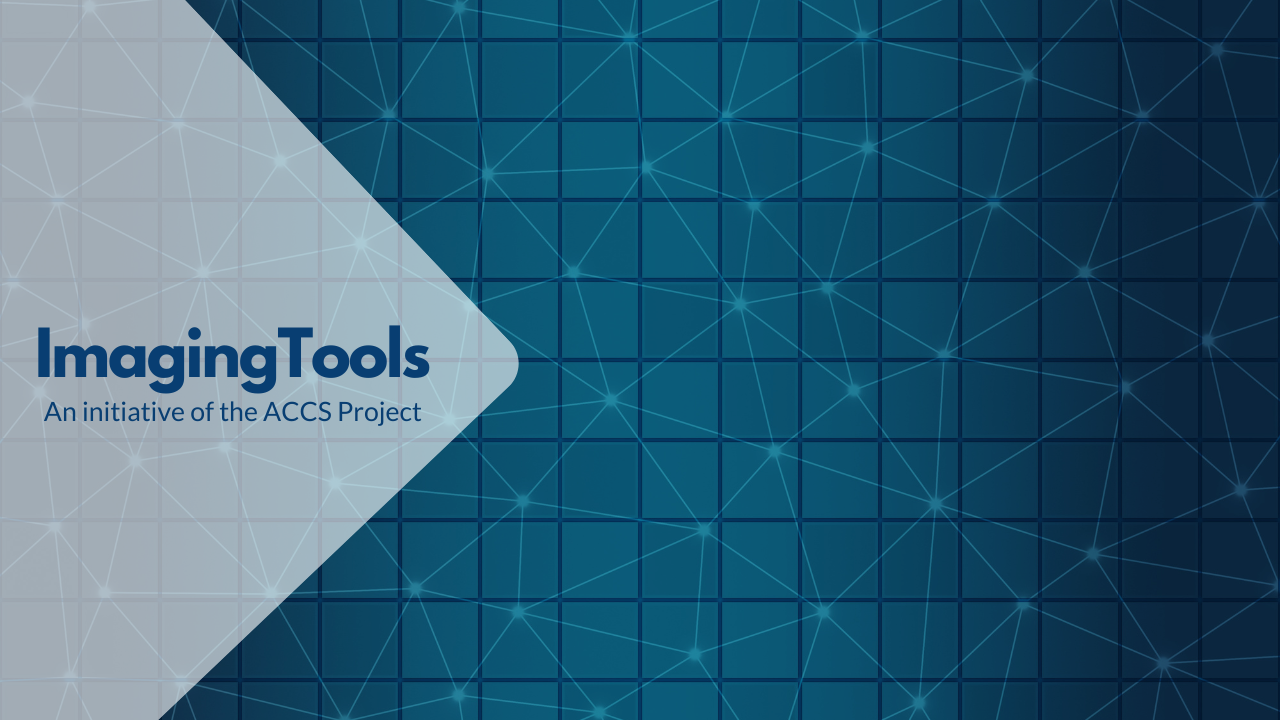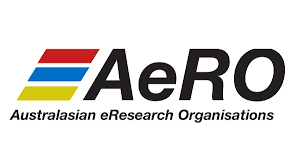Keywords: Digital Humanities or Go8 or Science or communication or microscopy
-

Sydney Informatics Hub
We are a core research facility of the University of Sydney. We provide support, training, and...
13 training material3 upcoming event (176 past event)Sydney Informatics Hub https://www.sydney.edu.au/research/facilities/sydney-informatics-hub/workshops-and-training/training-calendar.html https://dresa.org.au/content_providers/sydney-informatics-hub We are a core research facility of the University of Sydney. We provide support, training, and expertise in research data management, statistics, data science, software engineering, simulation, visualisation, bioinformatics, and research computing. /system/content_providers/images/000/000/009/original/University_of_Sydney_logo.png?1633565253 -

The Australian Characterisation Commons at Scale (ACCS) Project
ImagingTools: helping researchers find and access digital characterisation resources, including...
0 upcoming event (15 past event)The Australian Characterisation Commons at Scale (ACCS) Project https://www.imagingtools.au https://dresa.org.au/content_providers/the-australian-characterisation-commons-at-scale-accs-project ImagingTools: helping researchers find and access digital characterisation resources, including online environments, computing facilities, data, training and events. /system/content_providers/images/000/000/016/original/Minimal_Modern_Elegant_Background_Technology_Youtube_Thumbnail_%285%29.png?1671146621 -

Heurist Network
### What is Heurist? Heurist is a comprehensive, flexible data management service built...
1 training material0 upcoming event (15 past event)Heurist Network https://heuristnetwork.org https://dresa.org.au/content_providers/heurist-network ### What is Heurist? Heurist is a comprehensive, flexible data management service built specifically for the Humanities, available both as a free service, or for download to a private server (open source). Its development has been driven and informed by dozens of Humanities research projects. Heurist is a human-centered interface to a MySQL (or other SQL server) database. It operates as a hybrid relational / graph database, hiding all the complexity of SQL, tables, relational joins, relational integrity etc. behind (fairly) simple choices. It’s available on a number of non-commercial web services (free to use) and on private web servers. You can also install it on your own server if you wish. ### What we offer We offer frequent training and collquia for our users, indeed for all Humanities researchers who use digital methods and require a database. Our users are a diverse community of researchers across Australasia, Europe, Asia, Africa and the Americas. We also offer one-on-one support and ad-hoc training for projects who use our technology, or individuals who need a hand gettings started with Humanities databasing. /system/content_providers/images/000/000/018/original/h6logo_intro.png?1653544233 -

Australasian eResearch Organisations (AeRO)
AeRO is the industry association focused on eResearch in Australasia AeRO plays a critical...
0 upcoming event (1 past event)Australasian eResearch Organisations (AeRO) https://aero.edu.au/ https://dresa.org.au/content_providers/australasian-eresearch-organisations-aero AeRO is the industry association focused on eResearch in Australasia AeRO plays a critical coordination role for our members, who are actively transforming research via Information Technology. Organisations join AeRO to advance their own capabilities and services, to collaborate and to network with peers. AeRO believes researchers and the sector significantly benefit from greater communication, coordination and sharing among the increasingly different and evolving service providers. /system/content_providers/images/000/000/010/original/download.png?1633604230 -

Atlas of Living Australia
The Atlas of Living Australia (ALA) is a collaborative, digital, open infrastructure that pulls...
0 upcoming event (1 past event)Atlas of Living Australia https://www.ala.org.au/ https://dresa.org.au/content_providers/atlas-of-living-australia The Atlas of Living Australia (ALA) is a collaborative, digital, open infrastructure that pulls together Australian biodiversity data from multiple sources, making it accessible and reusable. The ALA helps to create a more detailed picture of Australia’s biodiversity for scientists, policymakers, environmental planners and land managers, industry and the general public and enables them to work more efficiently. The ALA is the Australian node and a full voting member of GBIF – the Global Biodiversity Information Facility – an international network and data infrastructure funded by the world’s governments and aimed at providing anyone, anywhere, open access to data about all types of life on Earth. /system/content_providers/images/000/000/017/original/ALA_Logo_Inline_CMYK.jpg?1652413583